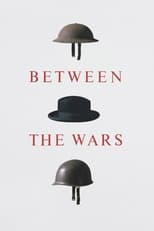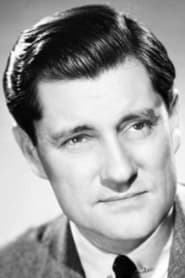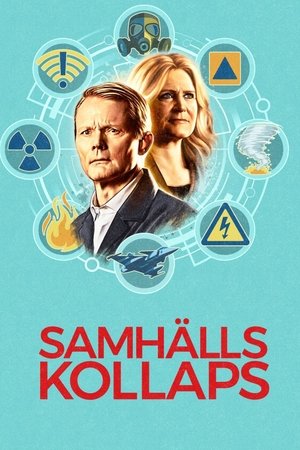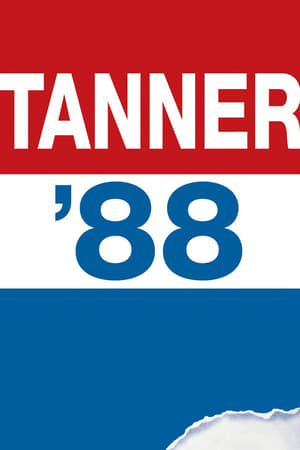
Versailles: The First Peace
Episode 1 • Apr 05, 1978
President Woodrow Wilson's idealistic hopes for world peace through collective security clash at Versailles with the harsh old-world real-politik of Europe, which wanted to punish Germany. The resultant punitive treaty, in effect, sows the seeds of World War II. Mini-biographies of Wilson and his mysterious behing-the-scenes advisor, Colonel Edward House, who compromised Wilson's ideals. The startling effects of Wilson's bout with influenza struck him down during a critical period of negotiations. Wilson was forced to compromise his ideals, but he returned home to fight for ratification of the League of Nations.













